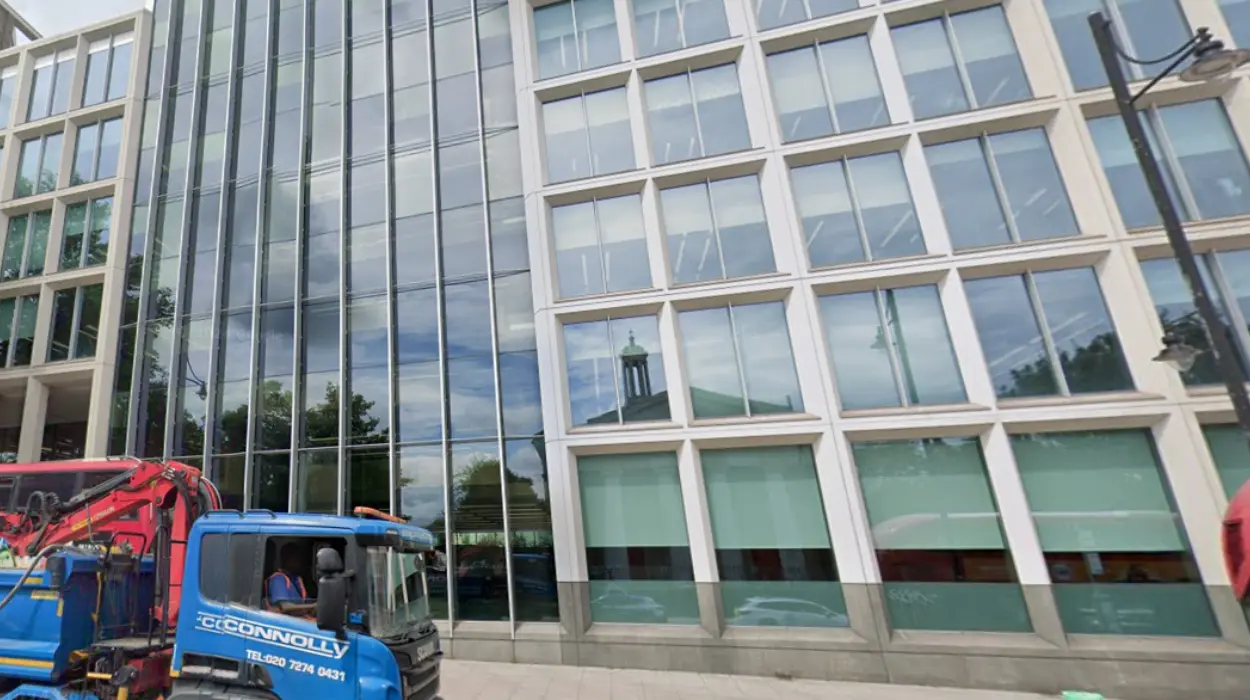Lambeth (Parliament Politics Magazine) – Lambeth Council launches urgent financial recovery measures following a damning Auditor Report highlighting serious weaknesses in governance and oversight.
A hastily constructed action plan has been presented by Lambeth Council to remedy a number of significant shortcomings that were brought to light by its external auditors.
After the Council’s external auditors, Forvis Mazars, issued a statutory warning earlier this year, the plan will be submitted before the Council’s Corporate Committee on May 22.
The study, which was released in accordance with Section 24 of the Local Audit and Accountability Act of 2014, expresses serious concerns over Lambeth’s capacity to oversee significant spending commitments, manage its finances, and keep reserves.
Lambeth has a £62.8 million debt load as of March 2025, with an alarming rise in old debt and indications that key departments are not managing their budgets.
Significant overspending occurred throughout the 2024–2025 fiscal year, according to the auditors’ report, especially in sectors like adult social care, temporary housing, and the Housing Revenue Account (HRA).
Poor planning and a lack of investment in sustainable housing solutions led to a multi-million-pound overspending on temporary housing, which was one example cited.
Lambeth may experience “severe financial instability” if immediate reforms are not made, the auditors said in a sobering statement, casting doubt on the Council’s capacity to “maintain adequate reserves.”
Long-standing flaws in Lambeth’s plan are acknowledged in:
- Establishing a budget
- Forecasting finances
- Controlling risks
- Furthermore, governance mechanisms are important.
The strategy consists of:
An extension of the spending control panel’s veto power over non-essential spending, which was first implemented in late 2024.
A revised method of budget planning that makes more reasonable assumptions and includes early challenge periods.
More stringent control and monitoring of high-risk projects, particularly the problematic Homes for Lambeth (HfL) transition.
The Council’s sluggish and perplexing dissolution of Homes for Lambeth, a fully owned but heavily criticized housing enterprise, was one of the auditors’ most pointed comments.
In spite of the 2022 Kerslake Review’s proposal to fully re-house housing services, the Council has been slow to act, putting the project in limbo and requiring up to £9 million in loans to support its operations.
The auditors noted that there was insufficient evidence that the Council’s Medium-Term Financial Strategy (MTFS) had sufficiently accounted for the financial and governance ramifications of reintegrating HfL.
The task of monitoring the action plan’s progress has now been delegated to the Council’s Corporate Committee. It will be a permanent item on all upcoming agendas and be updated annually for the Full Council.
Although the action plan outlines several encouraging goals, many of the approaches focus on redistributing duties and making adjustments to internal processes rather than making significant adjustments to governance structures or expenditure patterns.
There is still no public commitment to a financial recovery date, no clear plan for replenishing reserves, and no information on how future budgets can be balanced without further reducing frontline services.
Furthermore, the Council’s reputation is coming under more and more criticism because to the continuous expenses associated with legal challenges, planning errors, and housing failures, not to mention a waning public trust.
What specific measures is Lambeth Council taking to reduce its £62.8 million debt?
To change the way it handles old debt, Lambeth has teamed up with Capita. This entails a thorough examination of the most ancient council tax arrears, astute debt case segmentation to concentrate resources on the most promising recoveries, and process improvement to boost debt collection effectiveness.
By March 2024, this program had already decreased aging debt by £3 million and generated an extra £500,000 in revenue.
In order to improve financial inflow and stability, the council is employing data-driven techniques and recovery specialists to increase revenue from outstanding debts, increase forecasting accuracy, and decrease write-offs and bad debt reserves.
In order to find almost £99 million in savings over the next four years, Lambeth Council has outlined an action plan. Targeted service cuts are part of this to keep costs under control.


